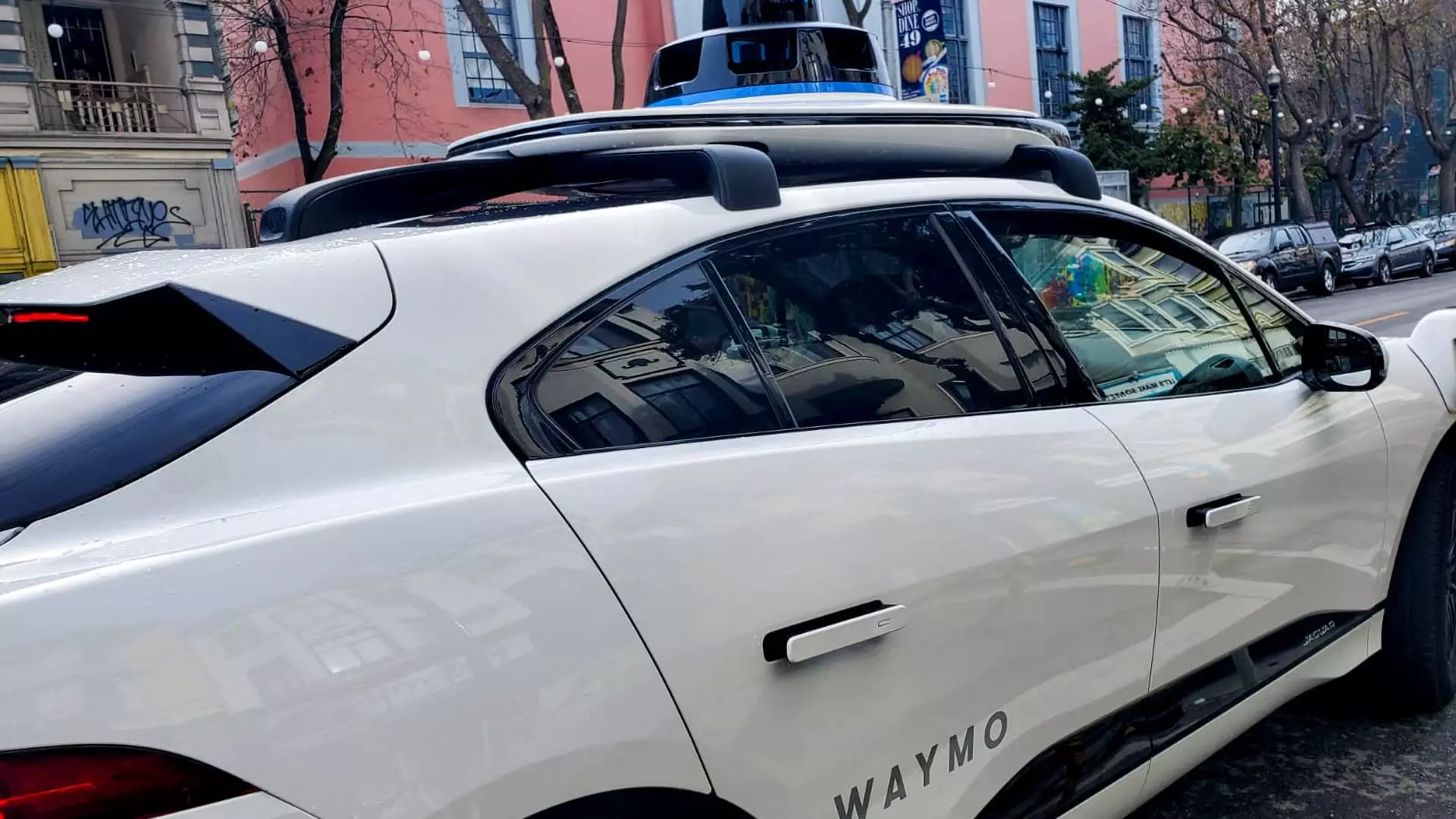In an effort to broaden its horizons beyond U.S. borders, Waymo, the autonomous vehicle division of Alphabet, is poised to initiate testing in Tokyo by early 2025. This decision marks a significant milestone, not just for Waymo but for the entire autonomous vehicle industry, as it symbolizes the budding international ambitions of an American tech company deeply rooted in homegrown innovation. By collaborating with Nihon Kotsu, Japan’s premier taxi operator, and the popular ride-hailing app GO, Waymo is taking its initial steps into the capital of Japan, a country renowned for its advanced technology and bustling urban landscape.
While the company has yet to declare its intent to launch commercial services in Tokyo, this partnership signifies a crucial phase towards understanding and adapting to the local environment. The strategy involves Nihon Kotsu drivers operating Waymo’s Jaguar I-PACE vehicles to meticulously map out Tokyo’s busy streets, including notable areas such as Minato, Shinjuku, and Shibuya. This human-operated phase is pivotal as it provides essential data that will enhance the learning capabilities of Waymo’s artificial intelligence systems, gearing it up for future autonomous operations.
The endeavor to introduce autonomous vehicles in Tokyo is laden with challenges and opportunities. Tokyo is a city characterized by its complex driving conditions, high density of pedestrians, and a traffic system unfamiliar to those used to right-hand driving—in stark contrast to the norms in the United States. By testing on closed courses in the U.S. that emulate Tokyo’s conditions, Waymo is judiciously honing its technology to meet local needs before hitting the roads.
Moreover, Waymo articulates a clear intention to integrate itself into the local community. In a statement, the company emphasized the significance of collaboration with local partners, government stakeholders, and community groups. Such engagement is essential not only for understanding the specific dynamics of Tokyo’s transportation system but also for building trust and acceptance among the residents. Proper adaptation to local needs is crucial for the success of autonomous vehicle initiatives, particularly in culturally rich environments like Japan.
Japan’s government has recognized the potential benefits of autonomous driving technology, particularly in addressing the needs of its aging population. Research from the World Economic Forum highlights that self-driving cars can significantly improve mobility and independence for senior citizens, thereby adding a social dimension to the technological advancements in this sector. The establishment of “test zones” for self-driving vehicles in Tokyo illustrates the government’s proactive approach in facilitating this transformation and ensuring a safe transition to autonomous systems.
Waymo’s expansions into Japan come at a time when the competitive landscape for robotaxi services is shifting. Just days prior to Waymo’s announcement, General Motors made headlines by abandoning its own autonomous driving initiative, Cruise, marking a substantial retreat from the market. This shift opens the door for other players like Waymo to carve out their space in Japan. Notably, Honda has expressed intentions to launch a driverless ride-hailing service in the country by 2026, although it remains cautious in light of the current market conditions.
As Waymo embarks on this ambitious journey, it faces the dual challenge of implementing cutting-edge technology in a culturally distinctive metropolis while contending with existing players in the autonomous vehicle arena. However, with a strategic partnership in place and an eye toward understanding local needs, Waymo may very well become a formidable presence in Tokyo’s transportation landscape.
Waymo’s Tokyo test initiative represents more than just a new testing ground; it’s an entry into a complex, nuanced market that values safety, innovation, and community engagement. The success of this venture could propel Waymo to the forefront of the global push toward automated transportation, setting a precedent for how autonomous vehicles can and should operate across diverse cultural environments. The coming years could redefine urban mobility in Japan, paving the way for an integrated, efficient transportation system that is both safe and accessible.

